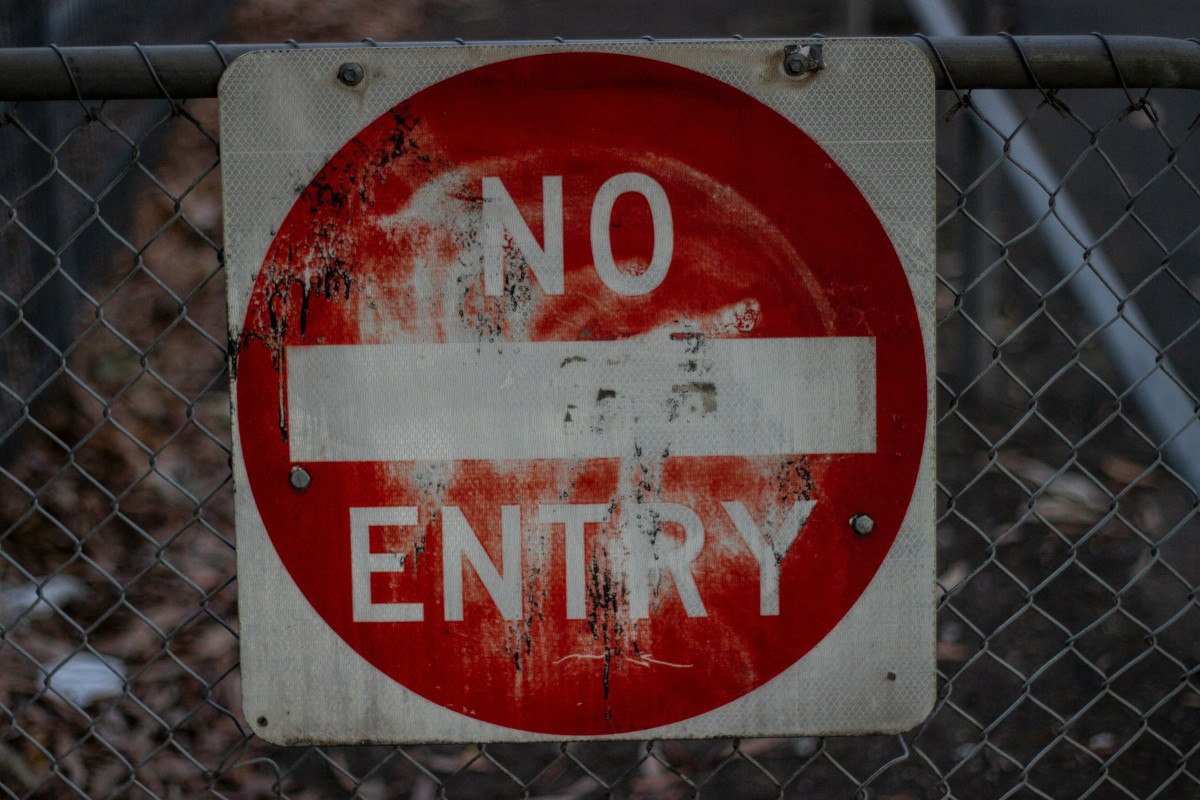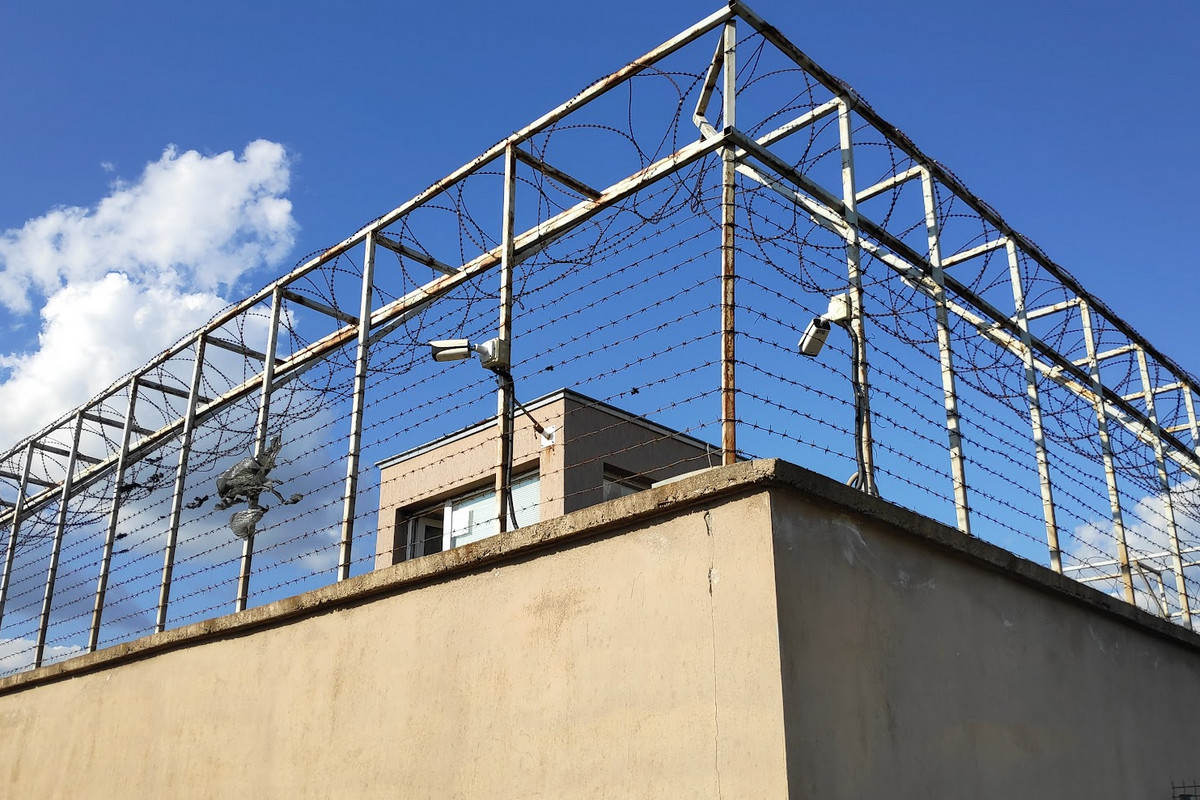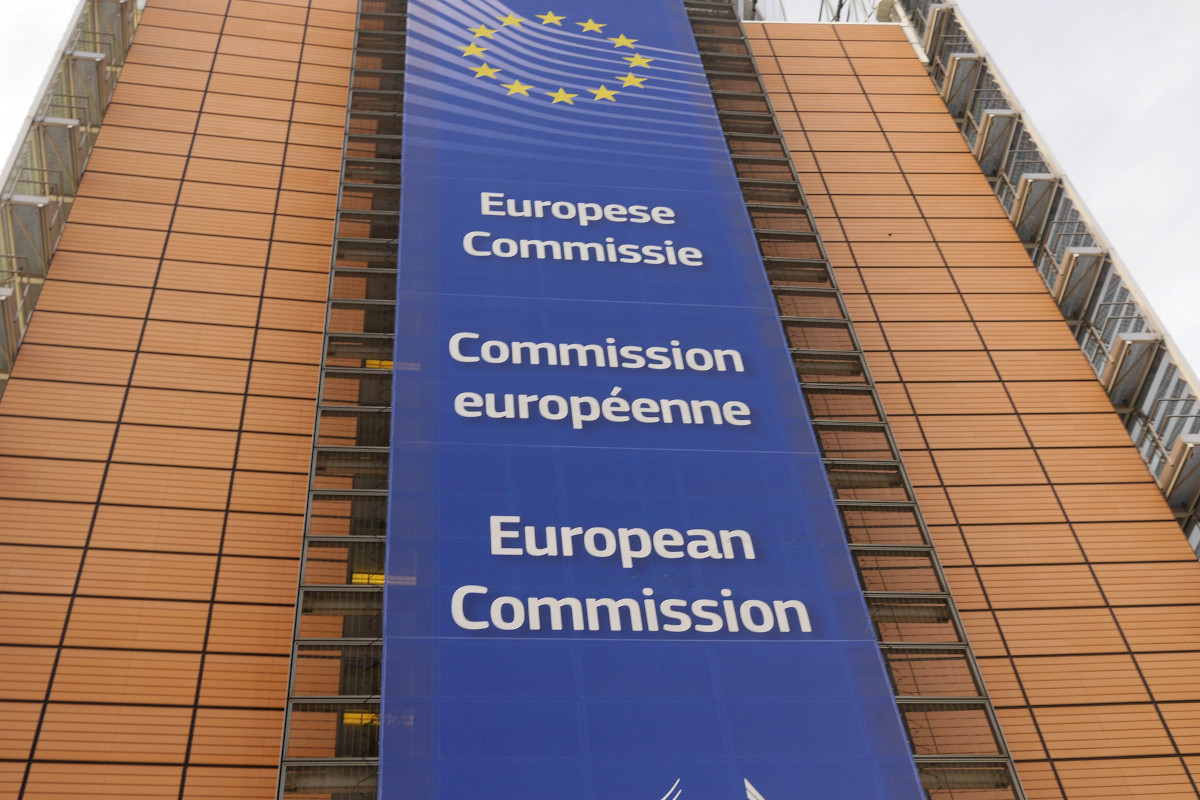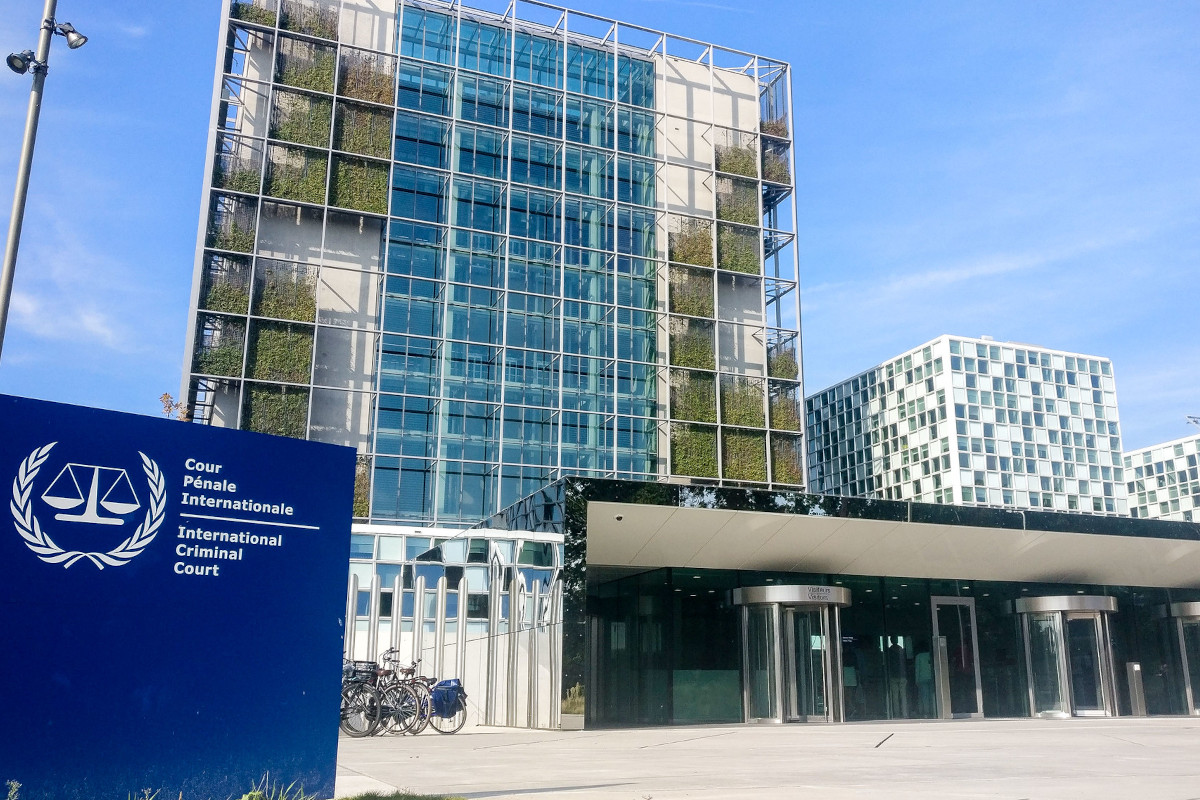Polish government proposes life-long EU entry bans for deportees
Topic
Country/Region
13 February 2025
In the coming months, EU institutions will start negotiating a new law to increase deportations. EU governments want their positions taken into account in the European Commission’s forthcoming proposal. The Polish government has proposed banning deportees from EU territory for “an indefinite period of time,” alongside other coercive measures.
Support our work: become a Friend of Statewatch from as little as £1/€1 per month.

Image: Lily Suter, Unsplash
Indefinite entry bans
The Polish government has proposed banning people from entering the EU “without time limit.”
This could happen if a non-EU citizen “represents a serious threat to public order, public security or national security,” a topic that has been discussed by member states a number of times over the last year.
The new proposal comes in a discussion paper (pdf) on a new deportation law. The paper makes no reference to basic principles of EU law, such as Article 49 of the Charter of Fundamental Rights.
Article 49 says that any penalty has to be proportionate to the offence.
The Charter refers to criminal law, whereas a new EU deportation law would be based on immigration law.
Nevertheless, as a form of indefinite punishment, the proposal is likely to raise eyebrows amongst legal experts and human rights organisations.
Discussion paper on new deportation law
The discussion paper (pdf) was circulated to other member states by the Polish government in mid-January. The Polish government currently holds the presidency of the Council of the EU. It was published with the latest edition of the bulletin Outsourcing Borders.
The paper was drafted to inform a January meeting of the Integration, Migration and Expulsion Working Party (IMEX).
This followed multiple other discussions between member state governments over the past year. Many of those have also been documented in Statewatch’s bulletin on the externalisation of border controls.
The January paper (pdf) sets out three areas for discussion:
- uniform deportation procedures across EU member states;
- new obligations for people facing deportation; and
- new “incentives” for deportees to cooperate, alongside new “consequences” for non-cooperation.
In effect, there are two issues up for discussion. Firstly, the degree to which national practices should be harmonised. Secondly, the different forms of coercion that can be used against deportees.
Harmonising national law
The first topic covered in the paper is the possibility of harmonising national deportation procedures.
The Polish presidency suggests that “common time limits could be considered as one of ways of improving the effectiveness of return procedure.”
For example, the new law could introduce uniform limits for filing an appeal against a deportation order. These limits currently differ from one member state to another.
However, this could place an “additional burden on administrative and/or judicial authorities,” says the Polish presidency.
“Mutual recognition” of deportation orders
The presidency also raises “mutual recognition” of return decisions.
This would mean a legal obligation for every EU member state to recognise the deportation orders issued by other member states.
The idea of mutual recognition was first introduced into EU law in relation to economic affairs, to aid the creation of the single market. It means that "a product that can be lawfully sold in one member state can be lawfully sold in any other."
In the single market, it contributed to “processes of liberalization and socialization,” the academic Sandra Lavenex wrote in 2007.
However, in the realm of police cooperation, criminal law and immigration, “mutual recognition does not expand the rights of individuals vis-à-vis the state,” she argued:
Instead of increasing individual freedoms in relation to the regulatory scope of government, in the AFSJ [Area of Freedom, Security and Justice], mutual recognition boosts the transnational enforcement capacity of governmental actors.
Obligations for deportees
The Polish presidency’s paper goes on to note that the current EU deportation law, dating back to 2008, “includes a wide range of rights of third country nationals and procedural safeguards in the return procedure.”
This includes “the respect for fundamental rights and the principle of non-refoulement.”
However, “respect for fundamental rights and the principle of non-refoulement” are fundamental obligations of the EU and its member states. They stem from the Charter of Fundamental Rights and international law.
The paper goes on to say that the law as it stands does not include any obligations for deportees, and the new law “should include some obligations for illegally staying third country nationals.”
The presidency suggests that Article 9 of the EU’s new Asylum Procedure Regulation could serve as an inspiration.
Amongst other things, this obliges asylum applicants to:
- provide the authorities with various items of personal data;
- to remain available to the authorities throughout the asylum procedure; and
- to provide documents in support of the application as soon as possible.
Failure to cooperate may result in the withdrawal of the application or of international protection (asylum) status, if already granted.
Incentives and consequences
The presidency also suggests introducing various forms of “incentives and sanctions” for individuals facing deportation, to encourage cooperation.
The paper notes that the EU is making increasing use of incentives and sanctions in deportation policy, but mainly “in relations with third countries.”
This would include, for example, the use of “visa sanctions” against states that do not accept deportation flights from the EU.
The presidency suggests harmonising the support made available to deportees through “reintegration” programmes.
Currently, different levels of support – for example, the provision of money to deportees – “might be exploited by third country nationals who try to take the advantage of more ‘generous’ systems,” says the document.
“Strategic use of an entry ban”
“Additionally, the strategic use of an entry ban could also serve to incentivise cooperation or sanction non–cooperation,” argues the presidency.
The paper goes on to say “an entry ban could be shortened when the third country national is cooperating, while it could be extended in case of non-cooperation.”
Furthermore, “an entry ban for an indefinite period of time could also be considered,” in cases “where a third-country national represents a serious threat to public order, public security or national security”.
Whatever finally ends up in the new law, the presidency is clear that new obligations and consequences should “send a clear signal to third country nationals that lack of cooperation will not be tolerated.”
However, simply changing the law may not be enough to achieve the goal of massively increasing the number of deportations from the EU.
The presidency’s paper points out, perhaps inadvertently, some of the problems with this goal: not only does it require the cooperation of people, but also non-EU states.
“An effective return policy relies on the cooperation of the returnees and their countries of origin,” the presidency notes in passing.
The EU is already using various means to try to increase non-EU states’ cooperation with deportations, such as visa sanctions.
It remains to be seen how that may change in the future – though Donald Trump’s recent threat of trade sanctions against Colombia gives an insight into the more extreme levels of coercion that may be available in some cases.
Documentation
- Presidency paper on increasing the effectiveness of returns in view of the future legal framework for returns (Council doc. 5244/25, LIMITE, 14 January 2025, pdf)
Our work is only possible with your support.
Become a Friend of Statewatch from as little as £1/€1 per month.
Further reading

Deportations: New role for Frontex as EU pushes for more “voluntary” returns
A special report by Hope Barker and Anas Ambri: The EU has been funding new accelerated asylum and deportation procedures in Bulgaria, including a new "assisted voluntary return" project. Increasing "voluntary" returns is a key part of the plan to increase deportations from the EU, with Frontex playing an increasing role. The project targets individuals in detention. Experts question whether such procedures can ever be truly voluntary.

Migration policy priorities of the next European Commission: a jargon-free translation
This week, the proposed new European Commissioners are being interviewed by the European Parliament. Four of the 26 “mission letters” sent to the nominees by Ursula von der Leyen set out responsibilities with regard to migration, asylum and border policy. Couched in typical EU jargon, the texts hide a brutal and violent reality. Aside from the implementation of the Pact on Asylum and Migration, key topics in the coming months and years will include a new deportation law; attempts to set up deportation camps (“return hubs”) in non-EU states; new “partnerships” with non-EU states to try to control migration; and increased police powers.
Spotted an error? If you've spotted a problem with this page, just click once to let us know.

